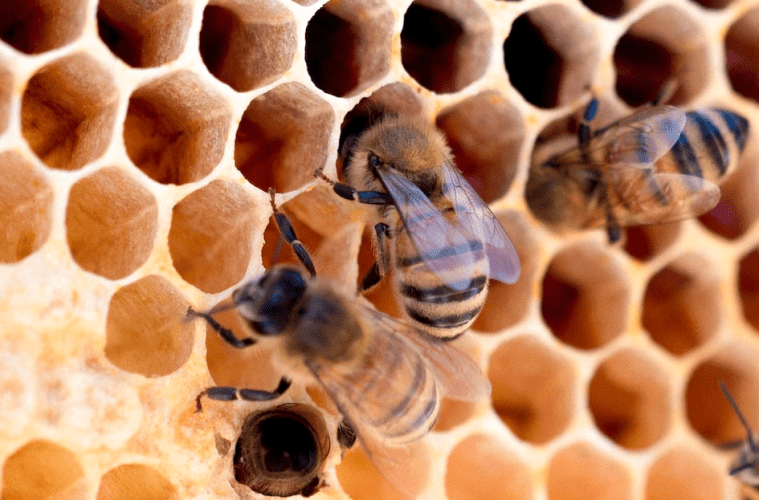Mexican beekeepers are witnessing a high death rate in their beehives, which they attribute to the country’s agro-industrial activities. Around a hundred beekeepers gathered within a collective apiary located in the Los Chenes region have lost numerous colonies. The damages amount to 640,000 euros, with over 4,000 colonies decimated.
The region heavily relies on honey production, mainly exported to Europe. Professionals estimate that it will take at least four years to rebuild the colonies.
Beekeepers point to an insecticide, particularly fipronil, as the cause. Rémy Vandame from the Ecosur center found overdose levels of fipronil in all the decimated colonies. Although banned in France since 2017, fipronil is still commercially available in Mexico.
Beekeepers are seeking collective awareness, particularly at the governmental level, as the damages go beyond colony losses. Pollination is reduced, biodiversity diminishes, and ecosystems are altered.
Local populations are forming cooperatives to transform forest products, hoping to provide an economic existence to their territory and thus escape the land exploitation by the agro-industrial sector.
Source: Reporterre




